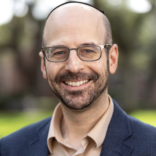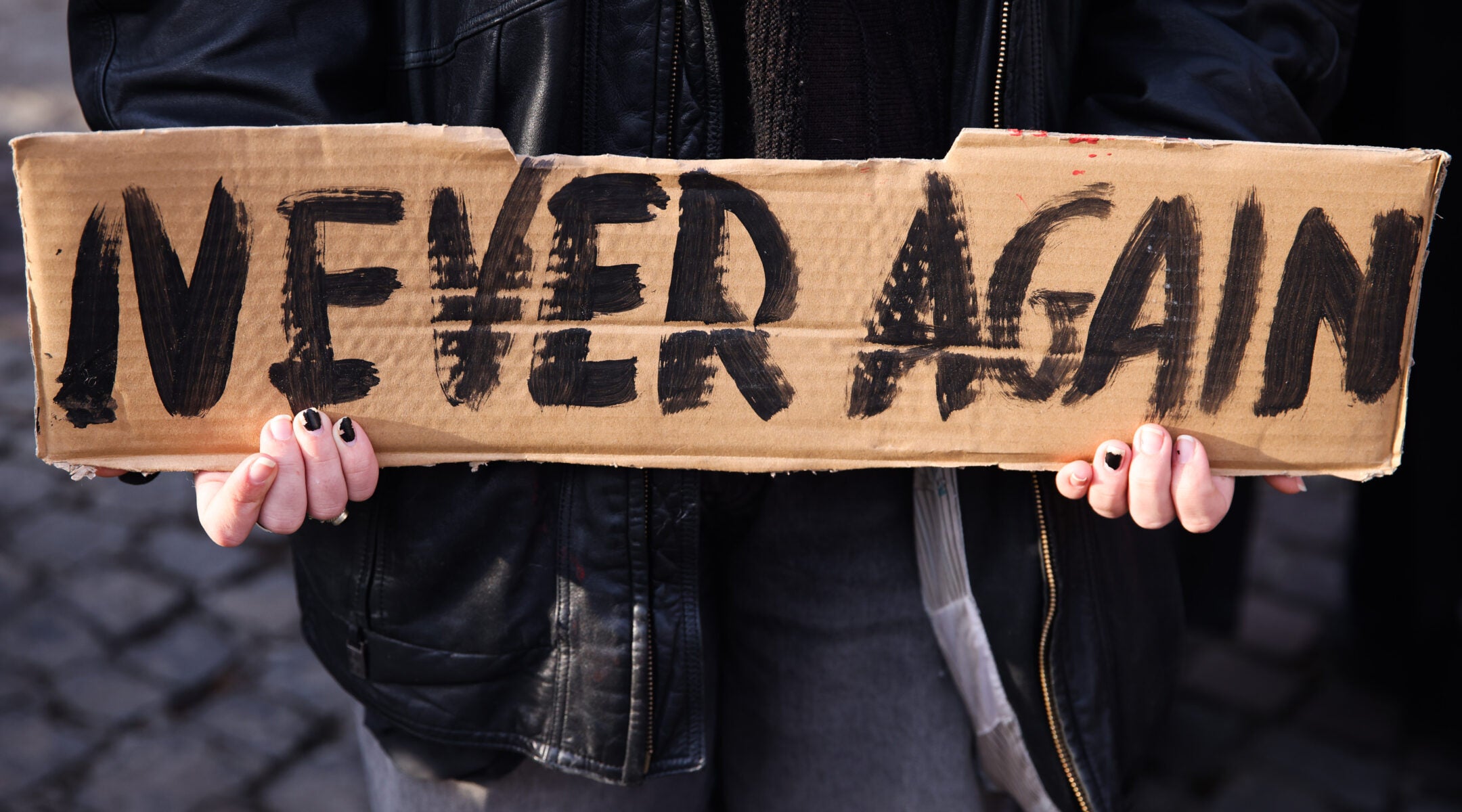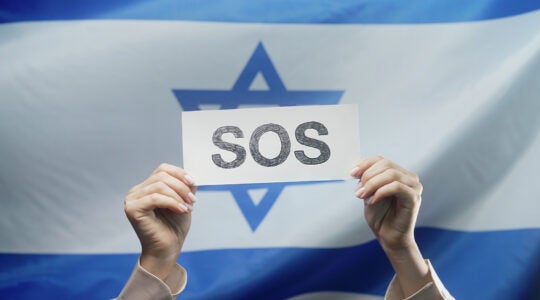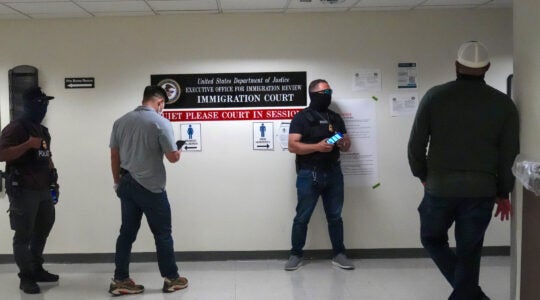In March 2019, the Jewish Council for Public Affairs published a resolution condemning the “genocide” of the Rohingya people. This was nearly two years after the start of forced expulsions committed by the Burmese military. In its statement, JCPA detailed the atrocities committed against the Rohingya, which included massacring thousands of men, women, and children as well as destroying villages and forcing hundreds of thousands of survivors to flee. The statement approvingly quoted the United Nations High Commissioner for Human Rights, who called the attacks “a textbook case of ethnic cleansing.”
The JCPA statement, which was signed by numerous other Jewish groups from across the denominations, explained that it was motivated by the Jewish mantra of “never again,” which it described as the “firm, moral commitment not to remain inactive in the face of unspeakable atrocities.” The authors invoked their authority as Jews after the Holocaust who know what it’s like to have the world ignore the persecution of minorities and the degradation of human life.
This is the identity that Jews in America have embodied for decades. But today, the American Jewish community is experiencing a crisis of identity.
That identity — the story we tell about ourselves based on a selectively positive collection of memories and experiences — is one where Jews are the champions of social justice and the moral voice against oppression. It may be a partial history, but it’s the usable past that has shaped us and inspired our better selves to act.
The two of us grew up with that narrative. In our observant Conservative Jewish homes, in our Solomon Schechter day schools, and in youth groups like USY and Kadima, we learned that being Jewish meant both observing Jewish laws and also upholding principles of equality and justice for everyone because we know what it means to be a persecuted minority.
In the last few years, Jewish communities have continued to lean into that narrative.
We protested Trump’s Muslim refugee ban in early 2017 with signs at the airport that read, “We were immigrants too.”
We compared refugees’ experience to the experience of Jews fleeing the Nazis and being turned away at the shores of the United States.
We filed lawsuits against abortion bans in the name of religious freedom because we have seen what happens when Christian nationalism becomes the law of the land.
And when Hamas infiltrated kibbutzim in southern Israel on Oct. 7, 2023, killing civilians, sexually assaulting women, and taking over 240 hostages back to Gaza, we issued statements, held vigils, and spoke out against this atrocity.
Repeatedly we have sounded the alarm by speaking from a place of experience, and we have used the language of our persecution — genocide, Holocaust, “never again” — to describe the suffering of others. This has been our narrative.
The JCPA statement against the Rohingya genocide fits right into that narrative. Our collective silence in the face of what we believe is a genocide in Gaza does not.
We understand that many of our fellow Jews may object. These are not the same cases. The Rohingya didn’t commit the atrocities of Oct. 7. That is true, though a Rohingya rebel group known as ARSA did attack a Hindu community and police outposts in Rakhine prior to the most recent military atrocities. The Rohingya were not trying to eliminate Myanmar. That is also true, but the Rohingya have been trying to achieve self-determination in a state that has long denied them civil rights.
But even these differences do not change the moral imperative of “never again.” No circumstances justify or excuse the at-times indiscriminate killing, the expressed genocidal intention of some Israeli government and military leaders, the apparently systemic destruction of Gaza, or the engineered starvation. More than 100 aid groups have called for Israel’s restrictions on food and water to end. These ongoing atrocities are precisely those — even possibly worse than those — condemned as genocide by the 2019 statement.
Six years ago, American Jewish institutions had the strength and clarity to call out a genocide against Muslims. They used the language of the Holocaust to refer to a genocide against another group of people. Today, legacy Jewish institutions refuse to use the same language. More often, they malign and rebut people — even renowned scholars of genocide — who do use those words, claiming they are not only wrong but that they are antisemitic for describing Israel’s actions in this way.
Based on legal experts’, historians’, human rights experts’ and our own read of the evidence, we believe that Israel is committing a genocide against the Palestinians in Gaza. Polling shows that more than 1/3 of Americans have come to believe this as well.
We are aware that not everyone is comfortable using that term, and many fear the repercussions of using it. But those who cannot call this a genocide, at the very least, can condemn Israel’s actions. They can be clear about their moral opposition to this war, even if they weren’t opposed initially, in which Israel has killed tens of thousands of Palestinians and caused utter destruction of homes, hospitals, mosques, universities and cities. They can condemn Israel for not letting enough food into Gaza for months, which has led to famine and deaths by starvation already, as well as for killing civilians trying to reach what little arrives.
Some Jewish leaders are already beginning to express their opposition in a public way. Jill Jacobs, the CEO of T’ruah, a rabbinic human rights organization, this week called on American Jewish leaders to speak out against starvation in Gaza, despite the retaliation they might face. Some rabbis have expressed their opposition to Israel’s actions in Gaza and Trump’s plan for ethnic cleansing, but we need more.
We need courageous Jewish leaders in America to speak from the moral authority they embody about the infinite worth of every single human being. We need them to do so even if they think there is a moral and humanitarian catastrophe but cannot label it as genocide. We need them to say that Israel’s actions are wrong because they violate the principles that have shaped us and motivated us: never again for anyone.
In late October 2023, weeks into the current war when it was already clear that the scope of devastation in Gaza would go far beyond anything that had been seen there before, the Canadian-Egyptian journalist and novelist Omar El Akkad tweeted, “One day, when it’s safe, when there’s no personal downside to calling a thing what it is, when it’s too late to hold anyone accountable, everyone will have always been against this.”
In his subsequent book, “One Day, Everyone Will Have Always Been Against This,” El Akkad writes of the disappointment among those who have relied on world powers and international law to protect the marginalized and the stateless. El Akkad writes that he wants to say to them, “I need you, just this once, to be the thing you pretend to be.”
So here we are pleading with our American Jewish leaders — rabbis, federation presidents, camp directors, school principals, Hillel executive directors, and all those at the helm of legacy Jewish institutions: We need you, once again, to be the thing that you already are. If your organization signed the JCPA statement in 2019, sign a statement about Gaza. Speak from your pulpit and email your membership. Join, promote, and donate to the “In our Name” campaign. Be the champions of justice, be the moral leaders, be against war crimes or genocide or mass starvation, or whatever you need to call it, but be against this. And say it.
It’s our inheritance to speak against these crimes and to speak out for the victims. We’ve done it before. We just need to raise our voices again now.
JTA has documented Jewish history in real-time for over a century. Keep our journalism strong by joining us in supporting independent, award-winning reporting.








